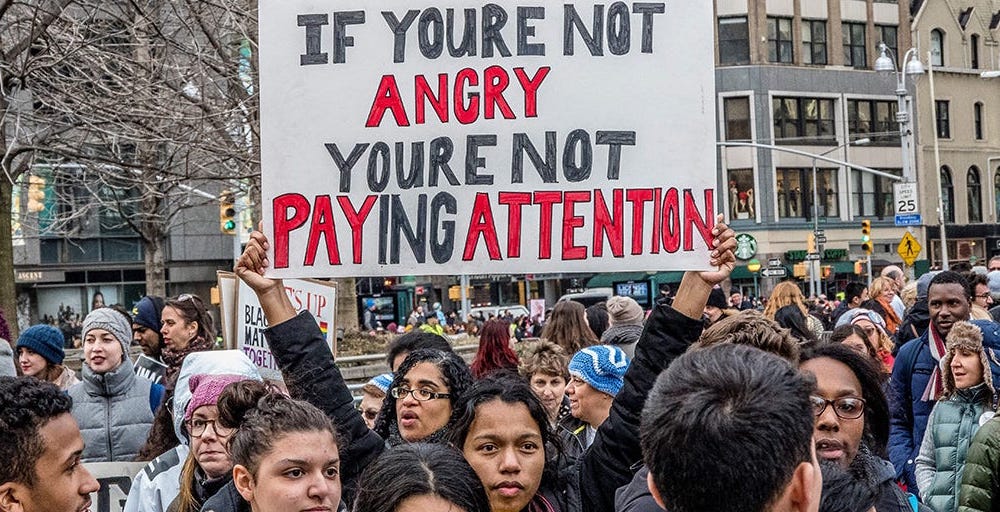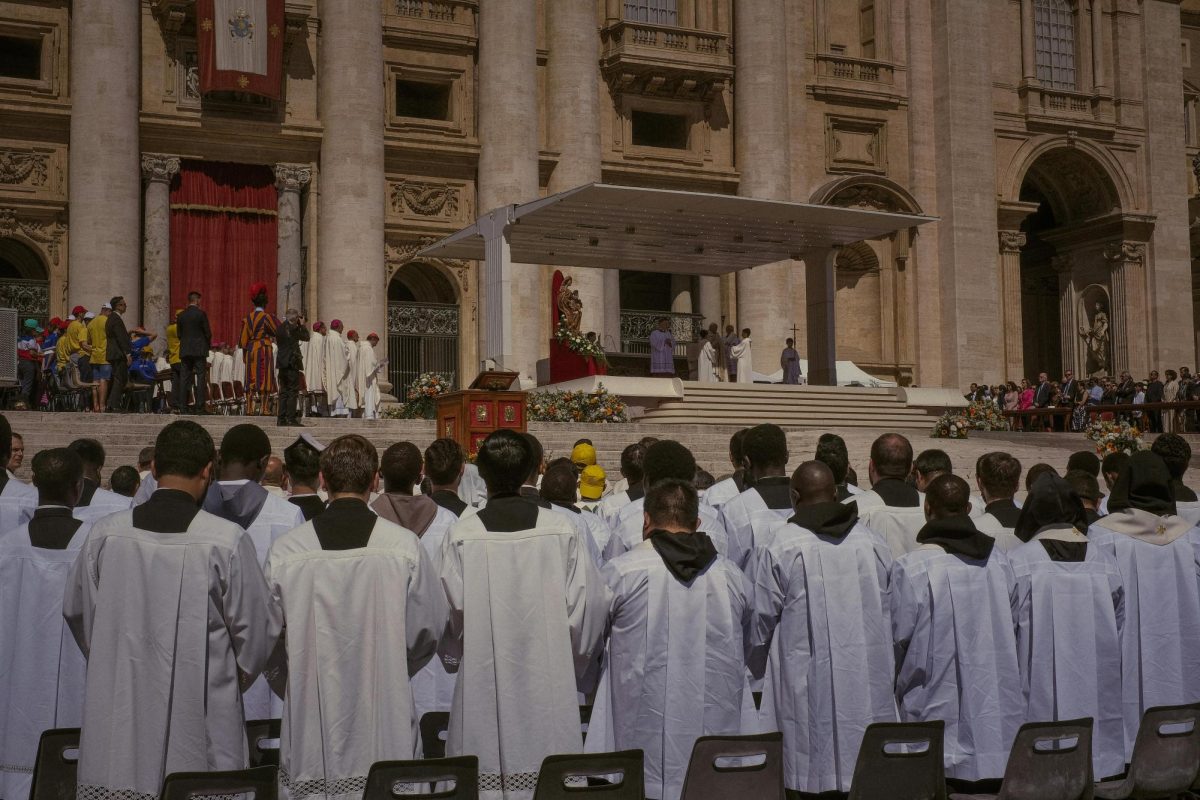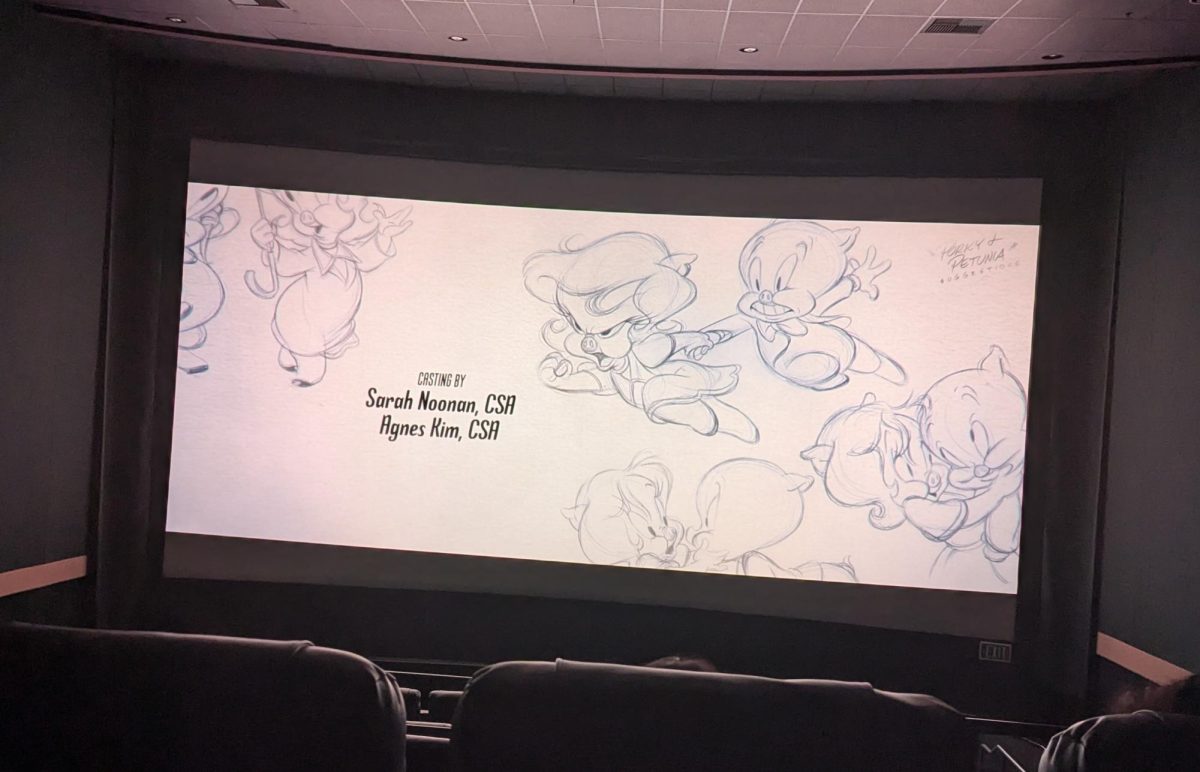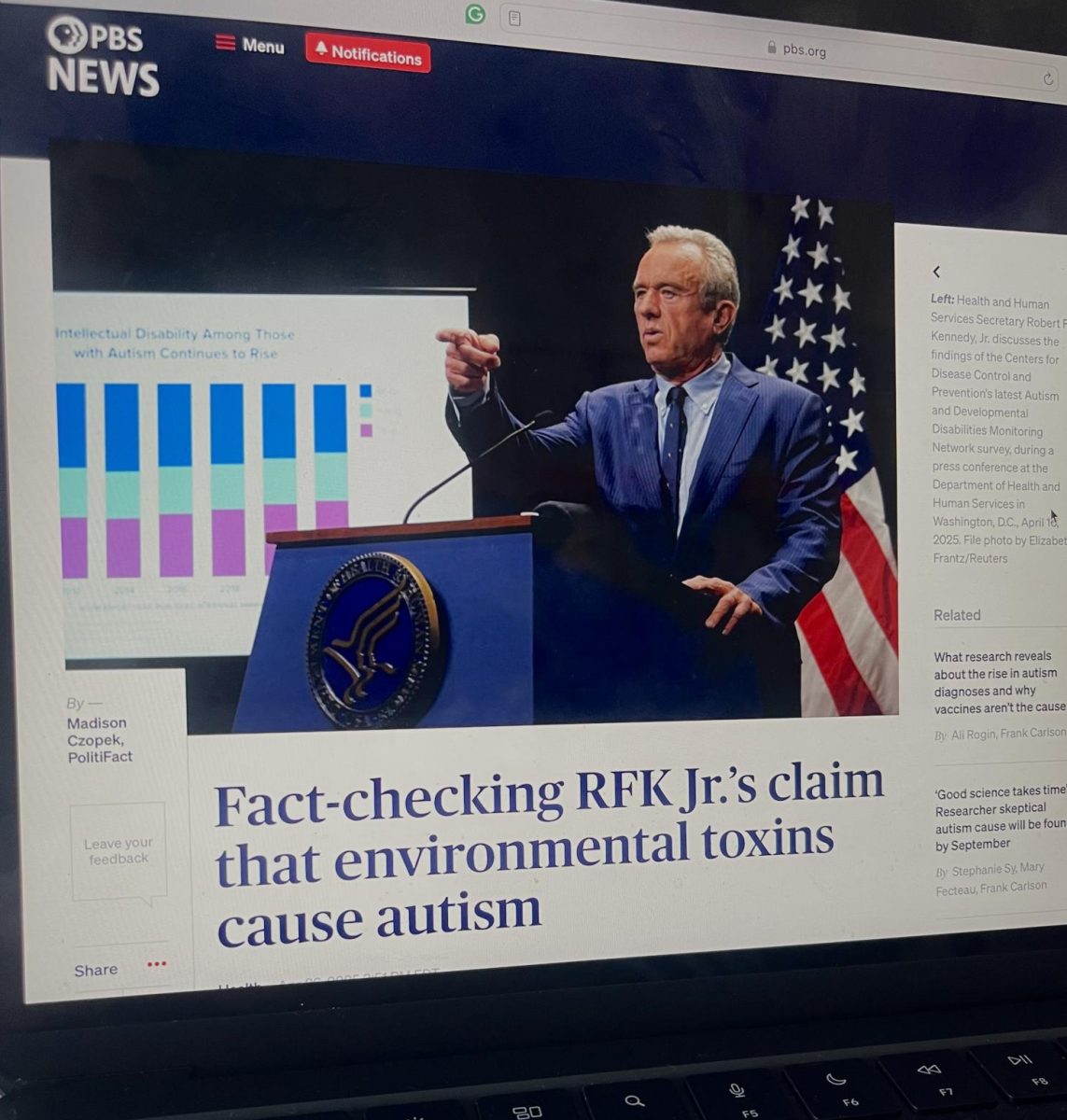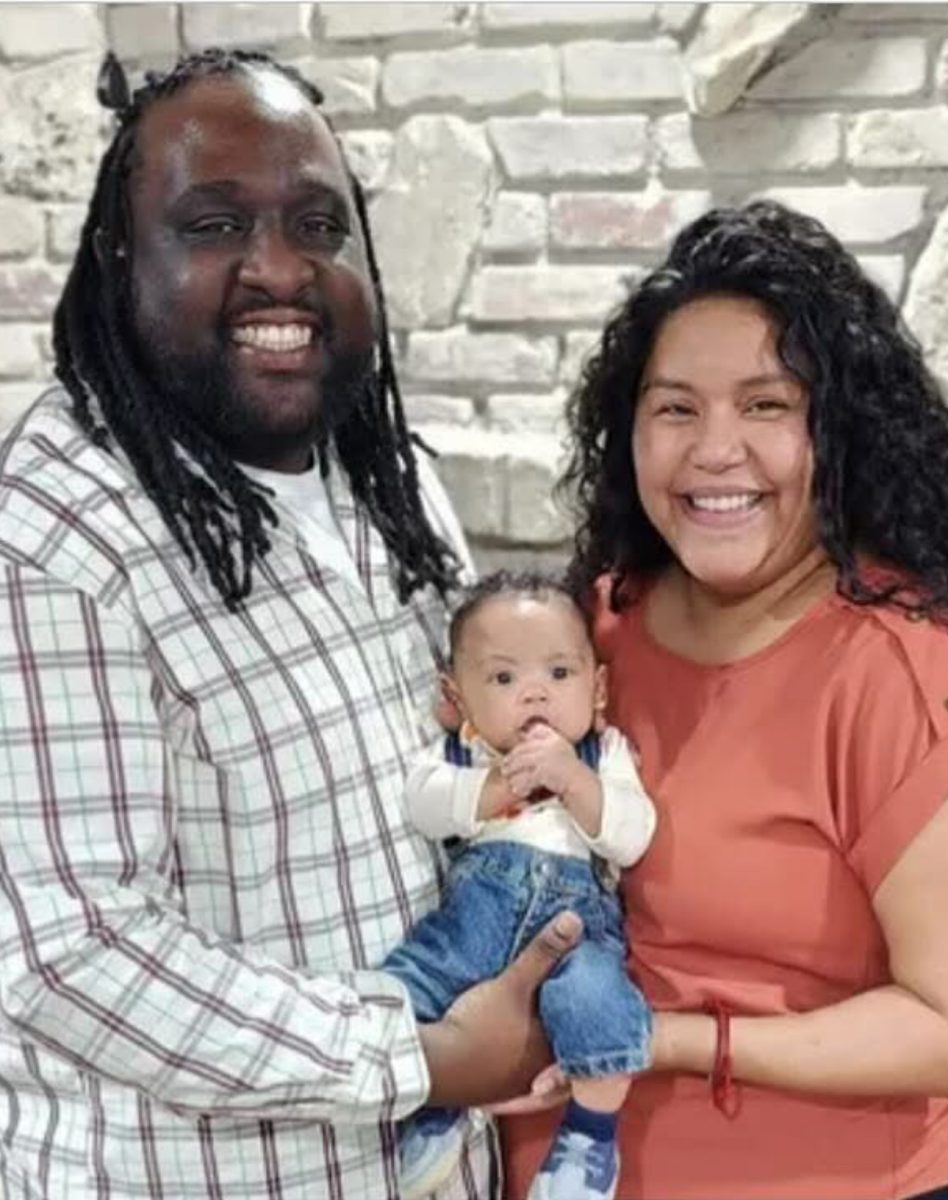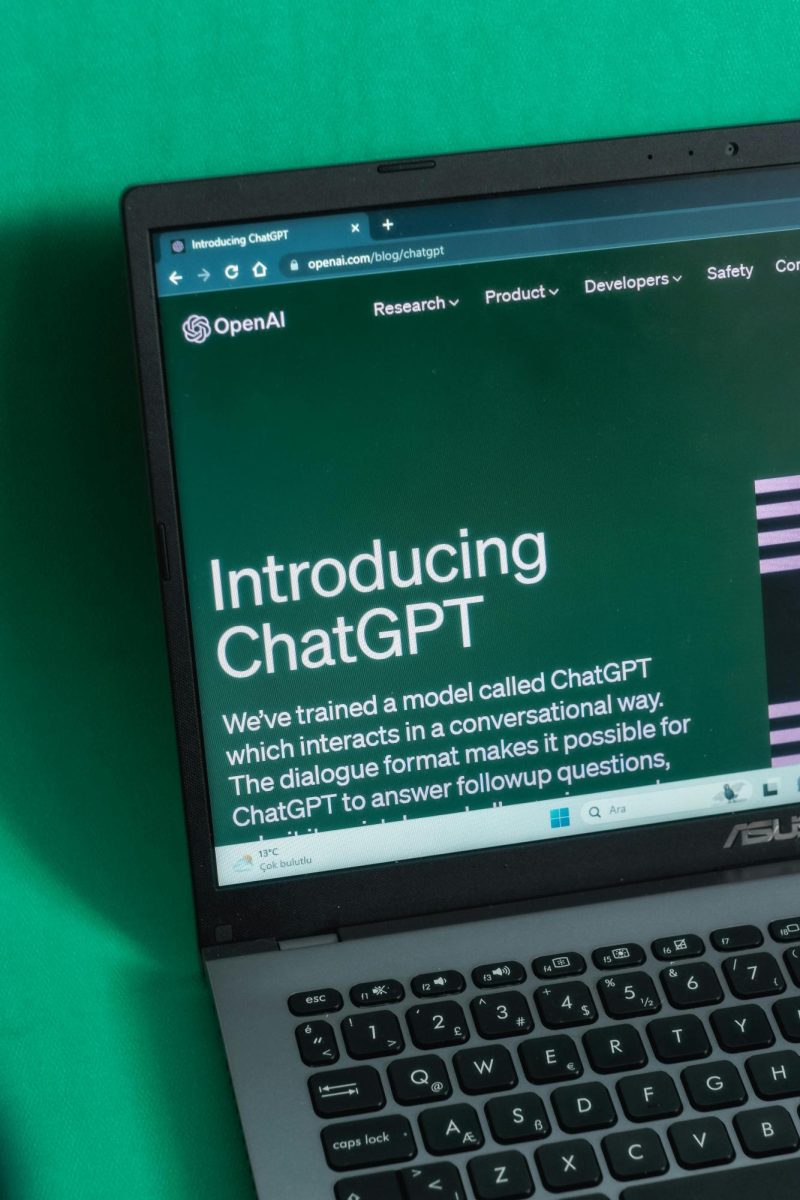Terrorism in Tech?
The algorithm can lead you to terrorists’ content.
March 24, 2023
“Technology is ever evolving… it might be time to refresh this law,” says AP Macroeconomics and AP Government and Politics teacher Mrs. Frost. Section 230 of the Communications Decency Act of 1996 essentially states that providers and users of “interactive computer services” (such as Youtube) cannot be held liable for content that someone else posted.
In 2015, Paris suffered a chain of devastating attacks from the Islamic State in Iraq and the Levant, otherwise known as ISIL. On Feb. 21, 2023, this assault as well as Section 230 was brought back into conversation as the Supreme Court heard arguments from each side of Gonzalez v. Google.
The family of Nohemi Gonzalez, a 23-year old student studying abroad from CSULB who was killed in the 2015 attack, is suing Google. According to SCOTUSblog, their lawyer, Eric Schnapper, is arguing that Youtube, which is owned by Google, broke the Antiterrorism Act and should be held responsible for the 2015 attack. Schnapper claims that Youtube was and is aiding ISIL’s recruitment by recommending their videos to users of the platform.
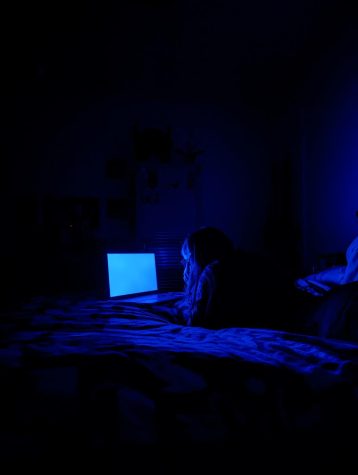
When asked if Google should be held accountable for said videos, Emily Mercado, MBA freshman, said, “I feel like they should because they shouldn’t be promoting [terrorism]… I don’t think that’s right.”
While she definitely thinks this is an issue, Frost believes “…if we want to outlaw anything, maybe we should be outlawing collecting information via consumers in order to advertise certain things to them.”
The ambiguity of Section 230 kindled opposing opinions within the justices while also giving room to the possibility of Congress taking over to update the law.
According to SCOTUSblog, despite the legal immunity bestowed by Section 230, Schnapper explained to the justices how Youtube overstepped their rights by creating the unsolicited notifications advising users to watch ISIL videos.
On the contrary, Lisa Blatt, representing Google, used Section 230 to her defense, contending that Youtube did not actually create any ISIL videos and as such should not be treated as their publisher. Furthermore, Blatt insisted that “all publishing requires organization,” and that is merely what Youtube is doing.
If the Supreme Court does not take Google’s side, there may be crucial implications. If Youtube does not have the right to organize their content into a user-specific algorithm, people will have an unfavorable time searching for information in the great abyss that is the internet. At the same time, the inability to shine light on ISIL videos may ultimately combat terrorism.
“I think it will still be worth it [to remove the algorithms] because if people are still searching up things they’ll still find what they are looking for,” says COMPASS freshman Samantha Ortiz.
As the Supreme Court heard oral arguments on Feb. 21, we are now awaiting their decision which may deliver drastic changes to the internet as we know it.

